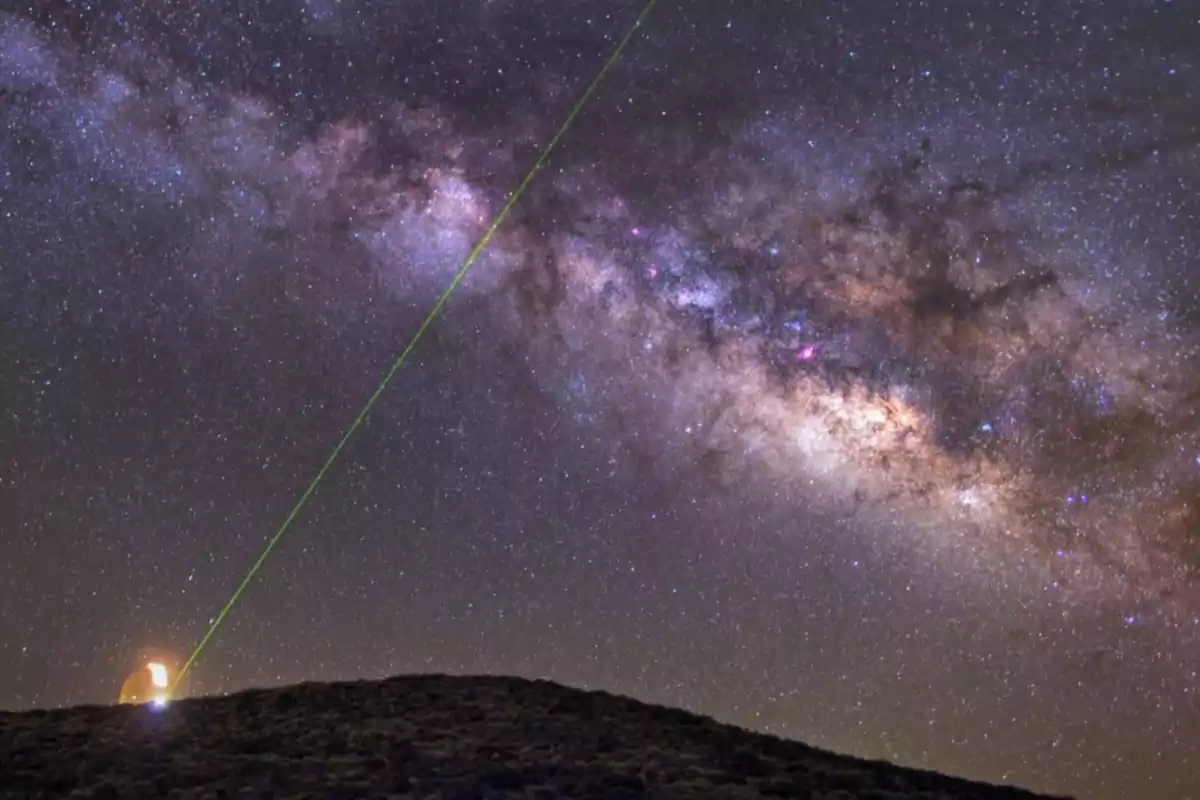For centuries, humanity has wondered if we are alone in the universe. Now, thanks to Spanish researcher Enric Pallé, we are closer than ever to having a scientific answer. This ambitious European project will search for signs of life on planets similar to ours.
The Spear project has €2.5 million from the European Research Council for the next five years. During that time, a team will create advanced code that simulates the operation of the 131 ft. (40 m) diameter telescope. This telescope is under construction in Chile and will be the most powerful ever built when it becomes operational, likely in 2028.

Science opens the door to extraterrestrial life
What has happened marks a turning point. For the first time, a team led by a Spanish scientist plays a key role in the search for life beyond our planet. Pallé and his group want to read the atmospheres of these planets as if they were books that tell us secrets about their possible habitability.
"Just 30 years ago, we didn't even know that planets outside our solar system existed. Today, we know that almost every star has at least one," he pointed out. That makes the question "are we alone?" stop being a mere curiosity and become a matter that science could soon solve with data.

The challenge of discovering habitable planets from Earth: how will they do it?
The telescope will multiply by 16 the light-gathering capacity compared to the largest current telescope, which is 33 ft. (10 m) and is located in La Palma. That power is the minimum necessary to detect planets similar to Earth and analyze their atmospheres in detail. The idea is not just to see them, but also to understand them.
Enric Pallé's team, made up of about fifteen researchers, will apply artificial intelligence and advanced mathematics to refine astronomical observation. Their goal is to eliminate the "noise" caused by Earth's atmosphere when studying the sky from Earth. With this, they hope to capture with greater clarity the signals that could come from planets similar to ours.
Closer than ever to knowing the truth
Even if the telescope works perfectly, with current tools it would not be possible to extract a clear signal from a planet's atmosphere. That's why Spear seeks to get ahead, preparing the methods before the data arrive. It is not just about observing, but about having the key that allows us to decipher what will be seen.
Life beyond Earth has been a mystery that has fascinated humanity for centuries. Now, thanks to scientific projects like this one, that uncertainty is beginning to approach a possible answer. If it exists, it is only a matter of time before we find it.

